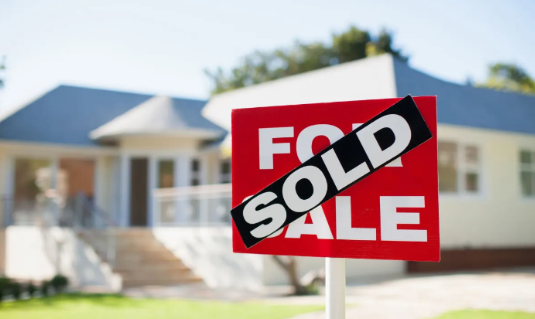
Want to Sell your Rental Property Tax-free?
The Burdens of Managing Rental Property in Retirement
Retirement should be a time of relaxation and enjoyment. For real estate investors managing rental properties, however, it often entails ongoing stress and responsibility. Everchanging rules and regulations, tenant turnovers, property repairs, and market fluctuations can ruin retirees’ quality of life. Managing property (or managing property managers) can be physically exhausting and mentally taxing, detracting from the retirement experience individuals have worked hard to achieve. This leads many landlords to seek a way out in retirement… only to face a significant tax liability if they sell their rental property.
The 1031 Exchange: Avoiding Capital Gains Tax
A common strategy for investors looking to sell their rental properties without a major tax hit is the 1031 exchange. This provision of the Internal Revenue Code allows investors to defer capital gains taxes by reinvesting the proceeds from the sale of a property into another real estate investment. By leveraging a 1031 exchange, investors can preserve their wealth and potentially increase their income-generating assets without immediate—or perhaps any—meaningful tax consequences.
The Problem with 1031 Exchanges for Retired Landlords
While a 1031 exchange offers significant tax benefits, it comes with its own set of challenges. The primary drawback for retired landlords is the requirement to purchase another rental property of equal or greater value, essentially leaving the landlord right where he/she started. While 1031 exchanges may be a great way to defer taxes, they don’t help retired landlords actually retire.
The Solution: Passive Replacement Programs
Enter the Passive Replacement Program, a game-changing solution for real estate investors seeking to simplify their retirement. These investments allow taxpayers to sell their rental properties, complete a 1031 exchange, and reinvest the proceeds without the obligation to purchase another rental property. Instead, investors become fractional owners of institutional-grade properties or mineral rights managed by seasoned professionals. This shift from active management to passive investment offers retirees the opportunity to enjoy a potentially reliable stream of income without the burdens of property ownership.
Summary
The transition from self-operated rental properties to passive, institutionally-managed investments represents an opportunity for a meaningful lifestyle change. Investors can embrace a new era of financial freedom and relaxation. Instead of weekly landlord headaches, retirees can enjoy passive income, reduced management responsibilities, and the peace of mind that comes with a diversified portfolio of stable properties.
Disclaimer: At 1031 Capital Solutions, we don’t give tax or legal advice, but we certainly can help point you in the right direction and may be able to identify issues you hadn’t considered.
This is for informational purposes only, does not constitute individual investment advice, and should not be relied upon as tax or legal advice. Please consult the appropriate professional regarding your individual circumstance. Statements concerning financial market trends are based on current market conditions, which will fluctuate. Past performance is not indicative of future results.
bd-bk-gp-a-410-4-2024
continue reading
Related Posts
When the Federal Reserve (the Fed) adjusts its target interest […]
1031 Industry Veterans Launch Proprietary Software for Rental Housing Providers […]
When it comes to building and preserving generational wealth through […]











